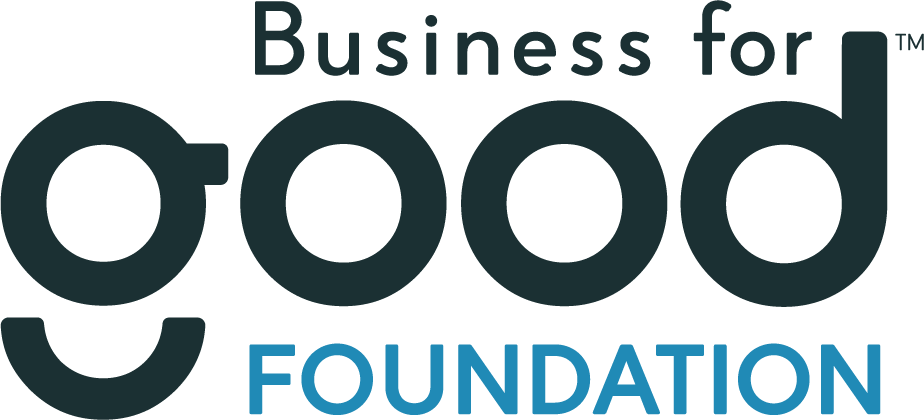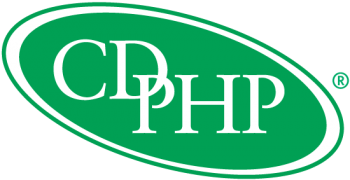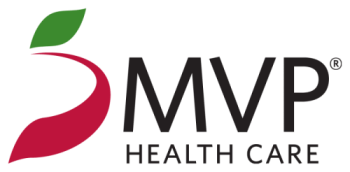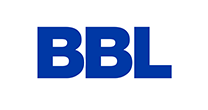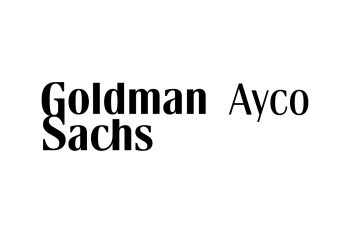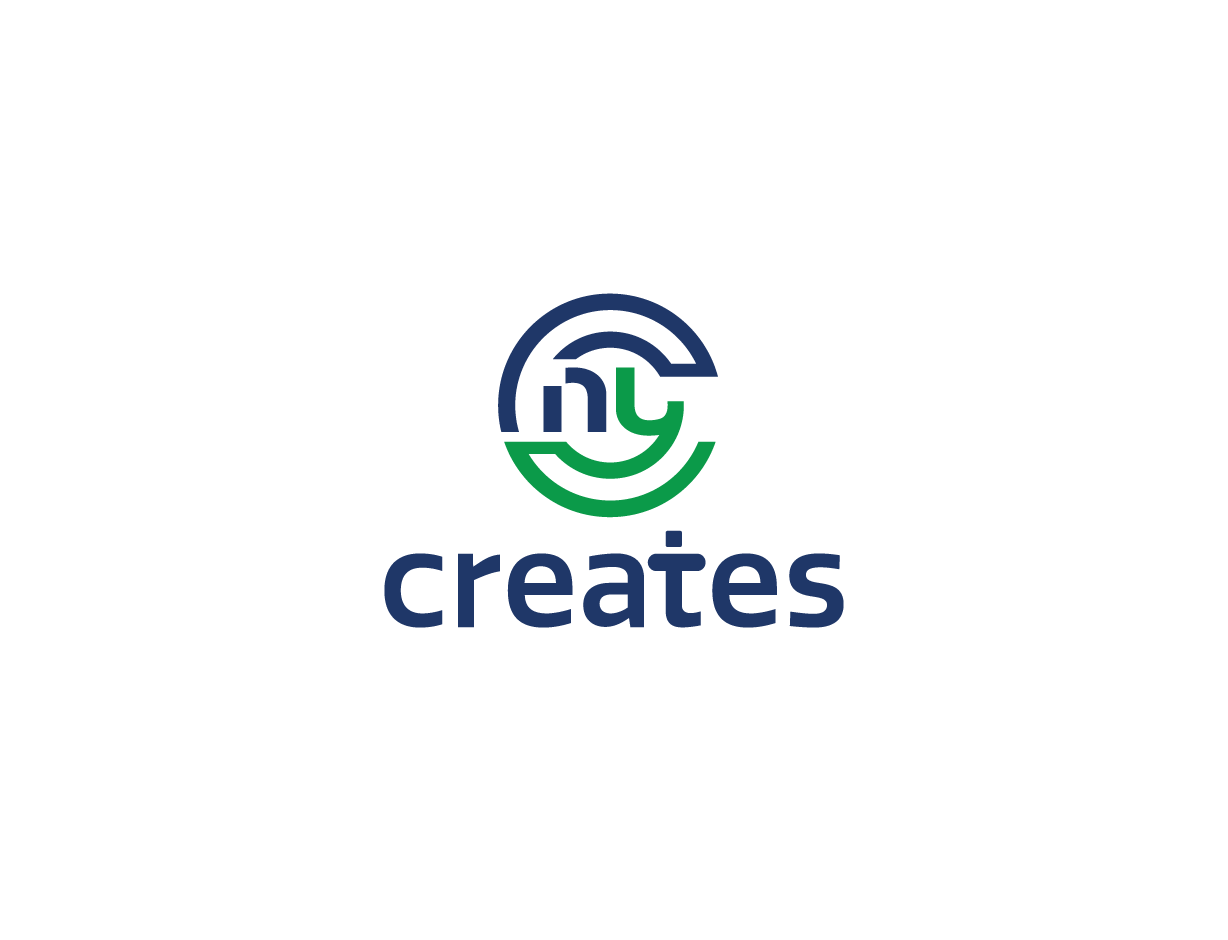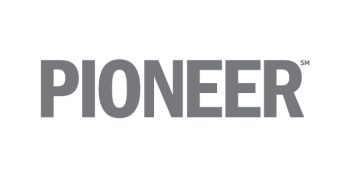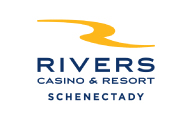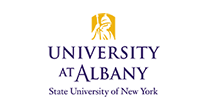News
August 4, 2016Teens Inspired to Learn through Doing Will Showcase Work at Open House
“A full critical understanding of our shared past,” according to Devin Lander, NYS Historian, “provides the bedrock for a more complete understanding of where we are in the present and where we are going in the future. History provides the context and setting for the full comprehension of the very path our society is travelling. Without historical context, we as a society would be left blindly flailing in the darkness, unsure of where we have been and ignorant of where we are going. Which is why the study and understanding of history is far more than just “nice to have;” it is essential to the functioning of a democratic society. Failure to encourage the study and understanding of history at all levels can only lead to an uninformed populace unable to contextualize why things are the way they are and, therefore, unable to make well-informed civic decisions. When we encourage the thoughtful study and understanding of history we are helping to create informed citizens able to take part in the democratic process.”
The Young Abolitionist Teen Scholars’ Institute, begun in 2012 by Underground Railroad History Project, engages 30 teens across five weeks with local Underground Railroad history, its preservation, and its relevance for today with the purpose of contributing to the development of informed citizens who value the place of history and heritage in our nation’s pursuit of the promises laid out in this nation’s founding document. Through an interdisciplinary, multi-sensory, service learning approach teens improve work-readiness skills, learn about and employ collaboration and leadership skills, improve literacy skills, learn about ways to be civically responsible community members, develop pride in their community’s history and heritage, while learning the inspiring stories of local Capital Region Underground Railroad activists. Teens work in self-selected Focus Groups with professionals in the fields of photography, theatre arts, music, gardening, and graphic design. While developing the skills and knowledge related to these professional fields, teens, under the guidance of Focus Group Facilitators, integrate into their learning the life skills applicable to success in school, career, and civic engagement. “This is the best summer program I have been involved with,” notes Rahmel.
The Institute, located at The Stephen and Harriet Myers Residence Campus, provides the opportunity for teens to touch history through the use of The Stephen and Harriet Myers Residence, an award winning Underground Railroad site. African American scholar James Horton says that a single visit to a history site makes a life once lived real. By drawing attention to the contributions of ordinary citizens, the civil rights activism of local abolitionists inspires teens to take pride in the work of their communal ancestors, and to take pride in their community, while considering the call to carry on the work for justice and equity. “This is a really cool experience,” notes Charmain, “and I am glad I could come back again this year.” Well aware of the challenges confronting our communities today, the dedication of local, historic abolitionists motivates our teens to believe that, as they learn about the past, they can be more informed about the present and contribute more effectively to developments that impact the future.
The Young Abolitionist Teen Scholars’ Institute Open House, scheduled for Thursday, August 4 from 2pm-4pm at The Stephen and Harriet Myers Residence Campus in Albany, will showcase the work of the teens. The Institute is made possible by the generous contributions of Hannaford Charitable Foundation, The Albany Rotary Foundation, Stewart’s Holiday Match, and Women Against War.
Underground Railroad History Project of the Capital Region is dedicated to researching and preserving the local and national history of the Underground Railroad movement, its international connections, and its legacy to later struggles, engaging in public education and dialogue about this movement and its relevance to modern society. More information about Underground Railroad History Project is available at www.undergroundrailroadhistory.org or by calling (518) 432-4432.


